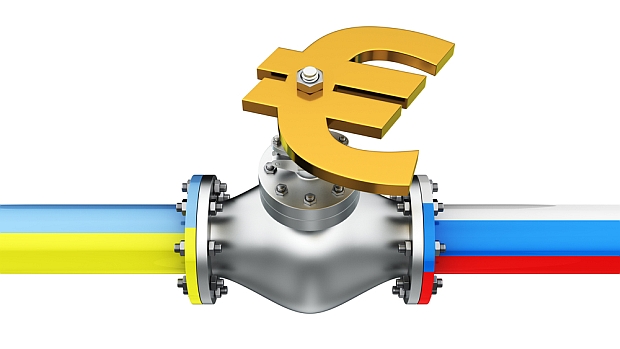Which of the following is expected to be the biggest challenge facing the ruble in the coming year?
- Market structure changes
- Russian Central bank politics
- Navigating Geopolitical challenges?
- Vodka prices
- Oil?
If you said vodka prices then you were totally wrong. That was a joke, since everyone knows that Vodka is priceless in Russia.
The answer is E) Oil.
Russia has one of the largest petroleum industries in the world. It has been blessed with many natural resources, including the largest reserve of natural gas, the second largest Coal reserve, and the eighth largest oil reserve.
However, the ruble was seriously impacted by the low oil prices over the last few years. A recent survey conducted by Bloomberg survey on foreign exchange (FX) executives showed that 51% believe that oil prices will have the biggest effect on the ruble.
Why is oil such a concern for Russia? The Russian economy depends heavily on the revenue from its energy sector, with gas and oil exports accounting for about 70% of the export income.
To put into a different perspective, this means that every dollar decrease in oil prices costs about 2 billion dollar in revenue for Russia. As a result, the experts surveyed felt that the Ruble would follow the price of oil more so than emerging market currencies.
Impacting the supply and demand of crude oil is the decision by OPEC to cut output for the first 6 months of 2017. Recently Russia and Saudi Arabia proposed extending this for a further nine months, in order to decrease global stockpiles to the five-year average level.
Decreasing outputs and stores create a low on the supply side, giving a potential increase in the demand side. Whilst this is always a welcome sign, it does also tempt other players into the market. It is noteworthy that the US has increased is crude output whilst the OPEC countries and Russia continue their slowdown. The US is expected to produce 9.96 million barrels as data in 2018, and the shale industry is expected to give the current global powers a serious run for their money over the next year.
On the other side of the coin, 22% of the experts surveyed by Bloomberg are concerned about the RCB’s policy and geopolitical issues, whilst only 5% feel that the US interest rate hikes will impact the Ruble. Since these aspects are likely to move a currency significantly, the relative lack of concern points to a general expectation amongst the experts of the likelihood of turmoil in those sectors.
As it currently stands, the Russian economy is strongly tied to oil, and expectations are that oil prices will be the best indicator of the direction of the Ruble. With new competition in the sector in the form of US shale production, it will be interesting to see how the value plays out over the next year.
